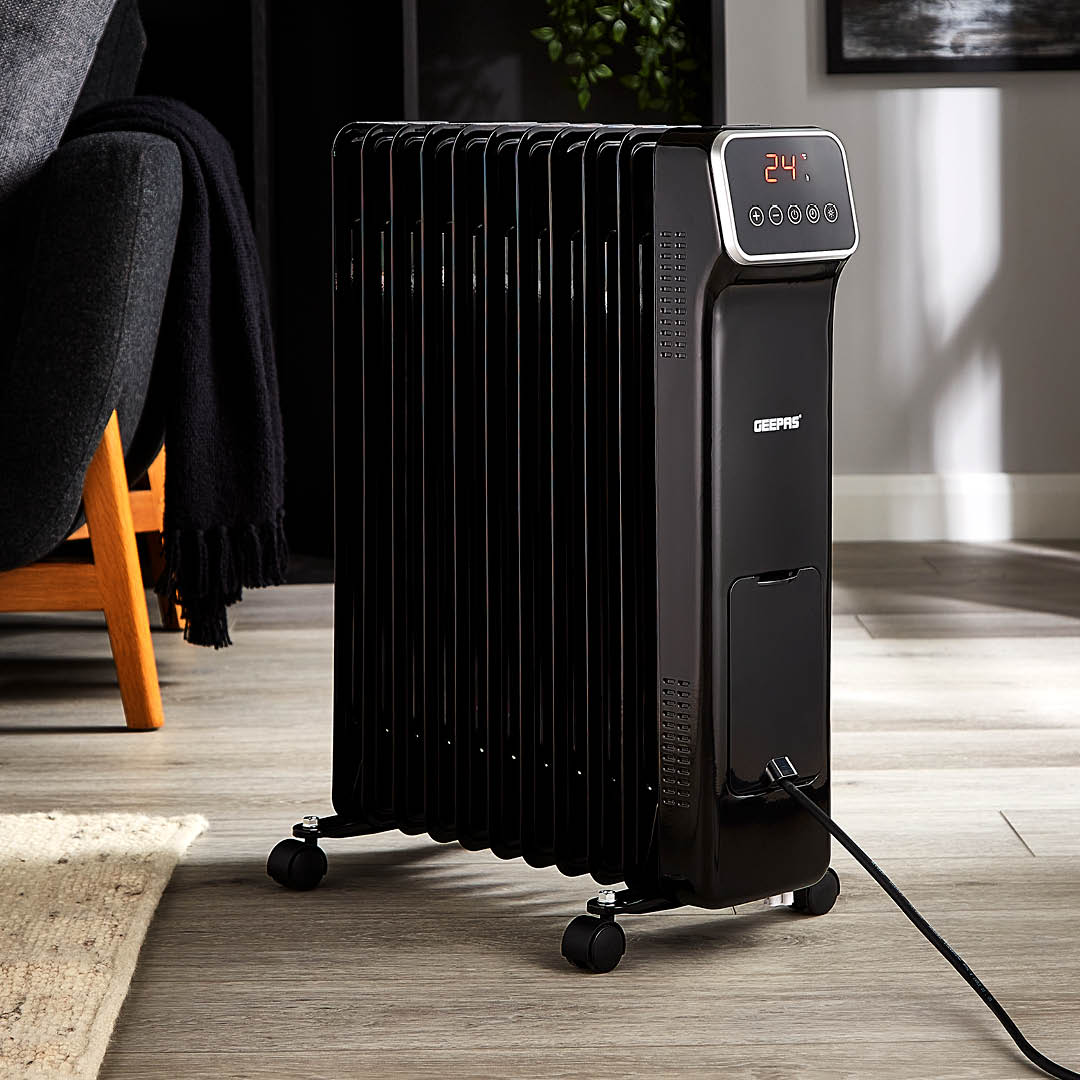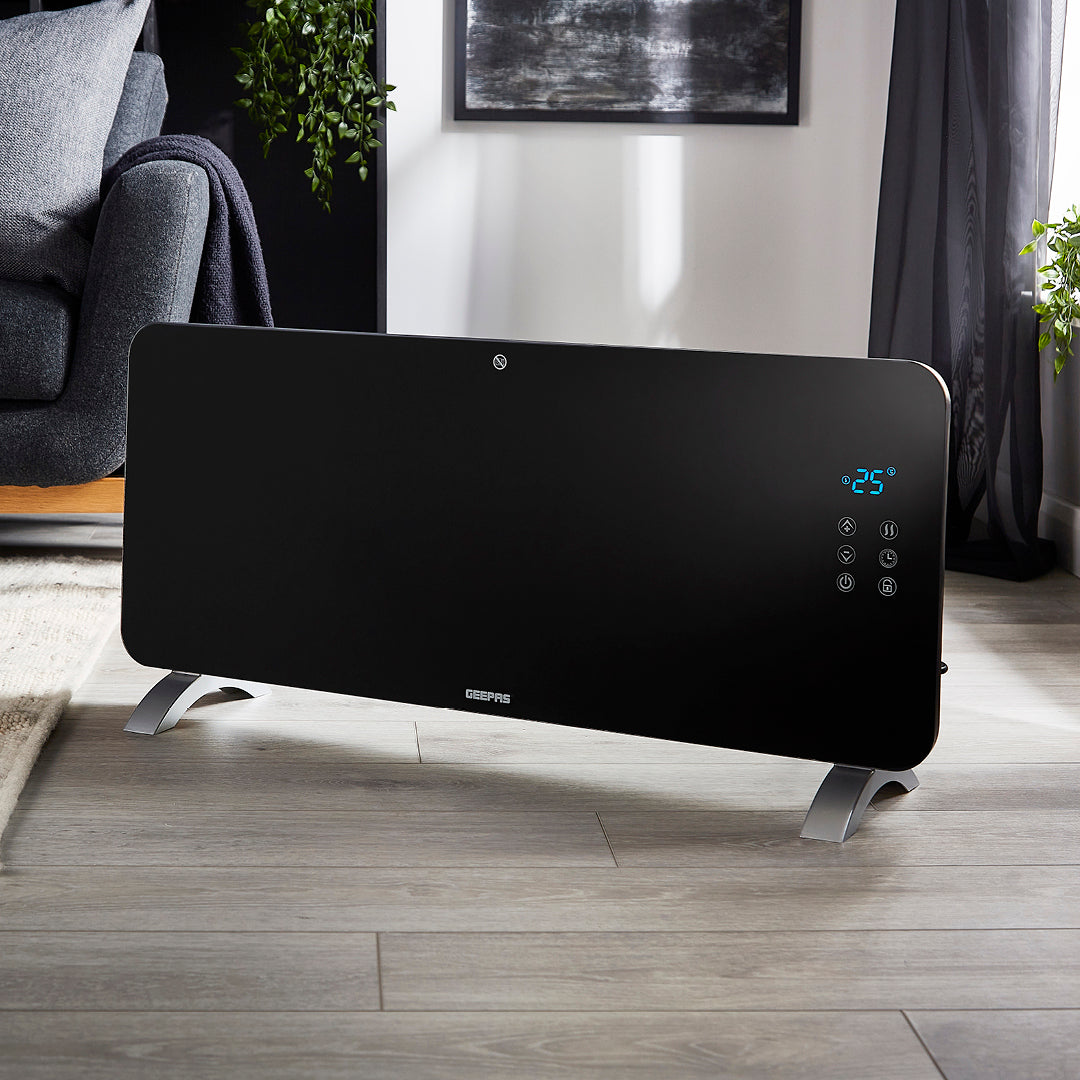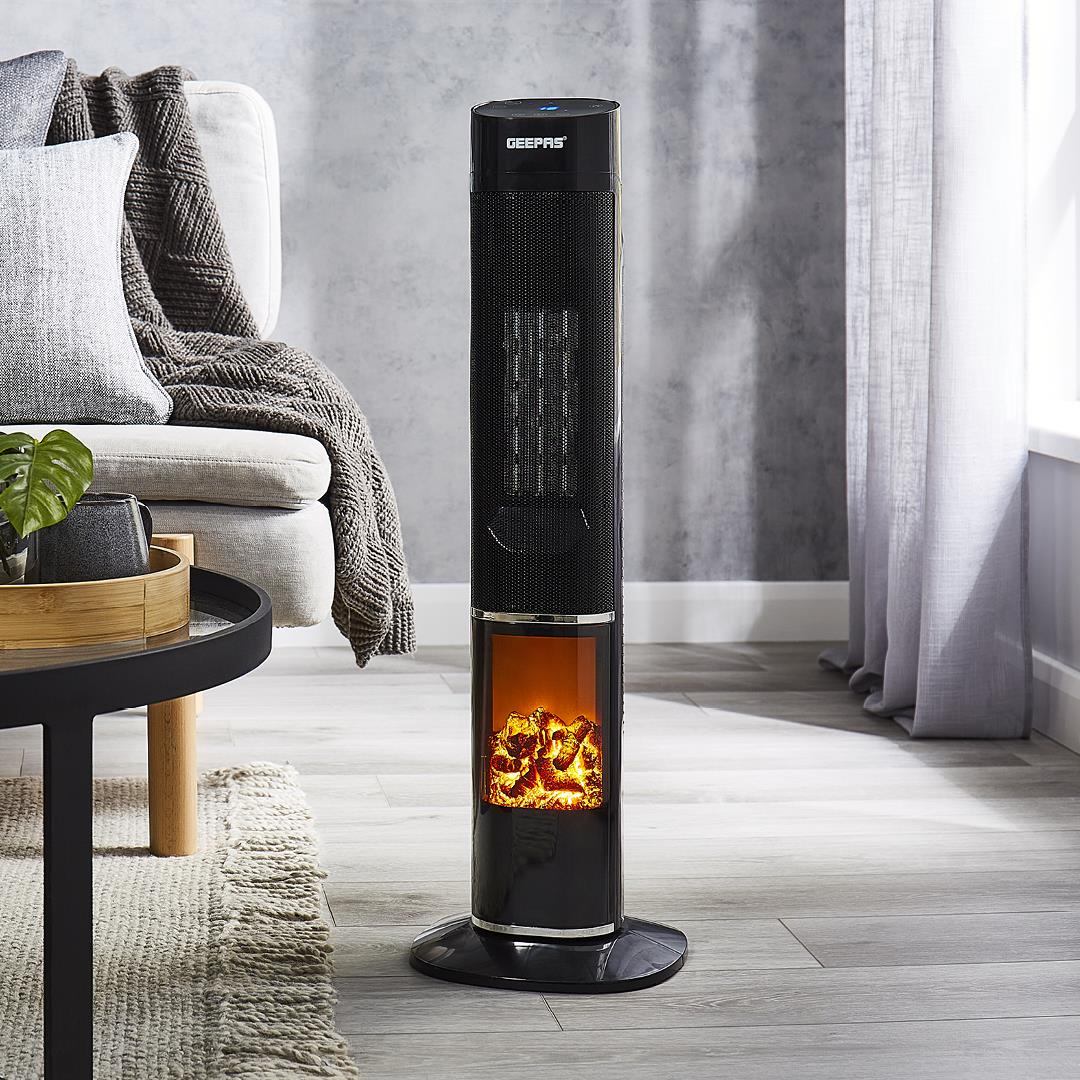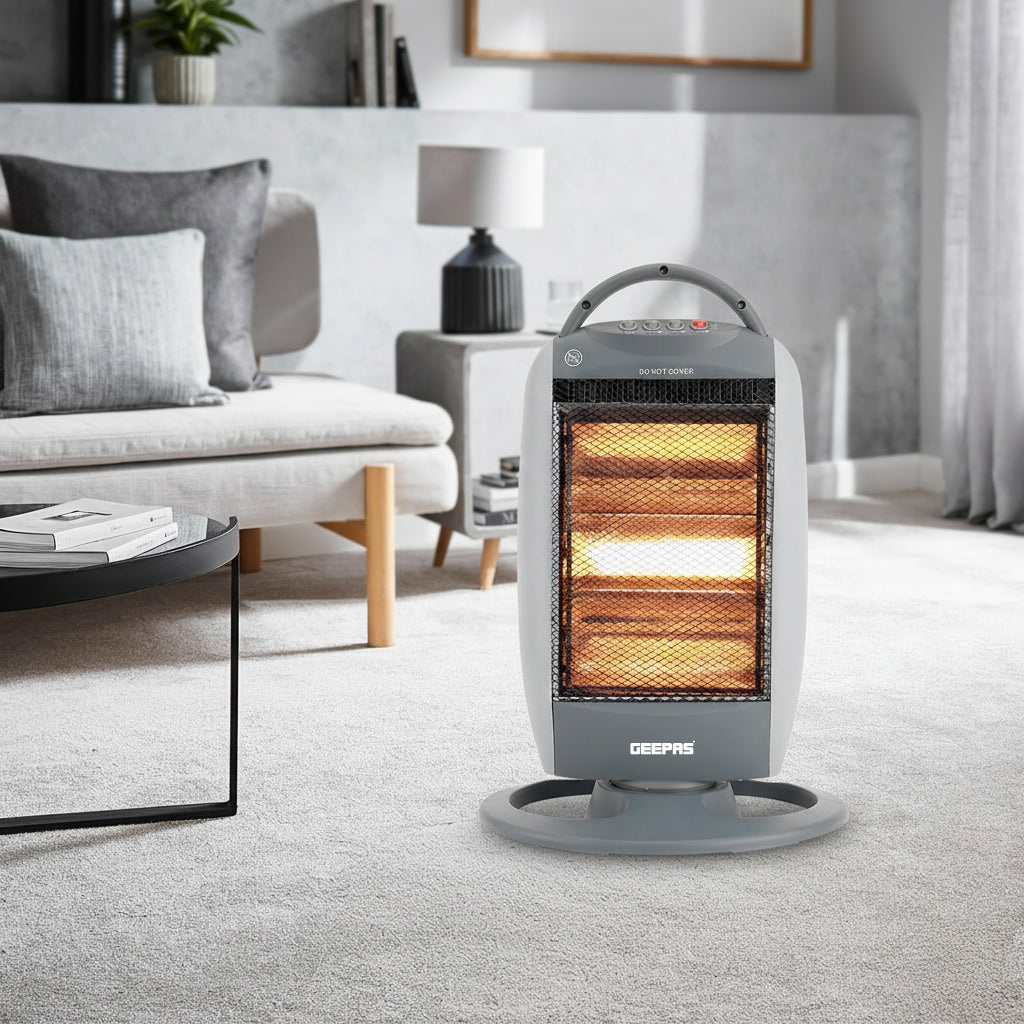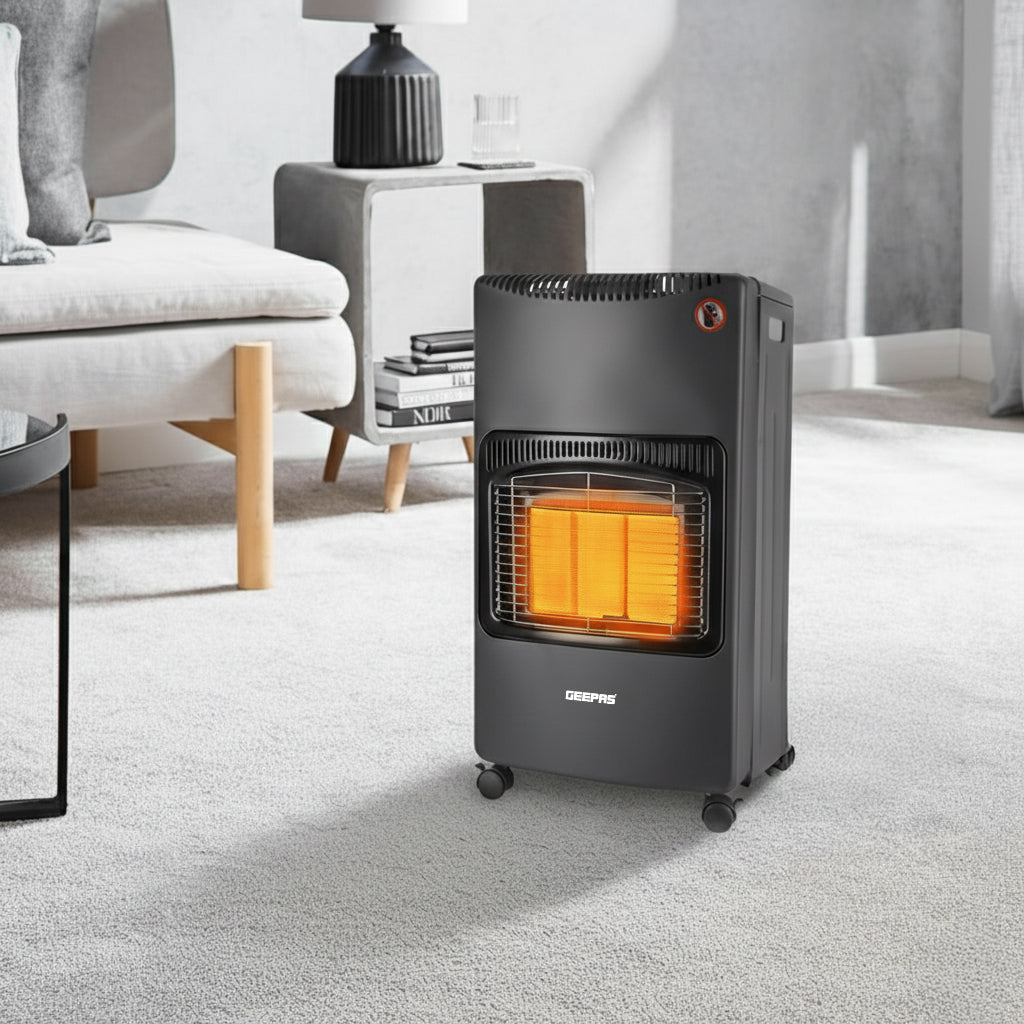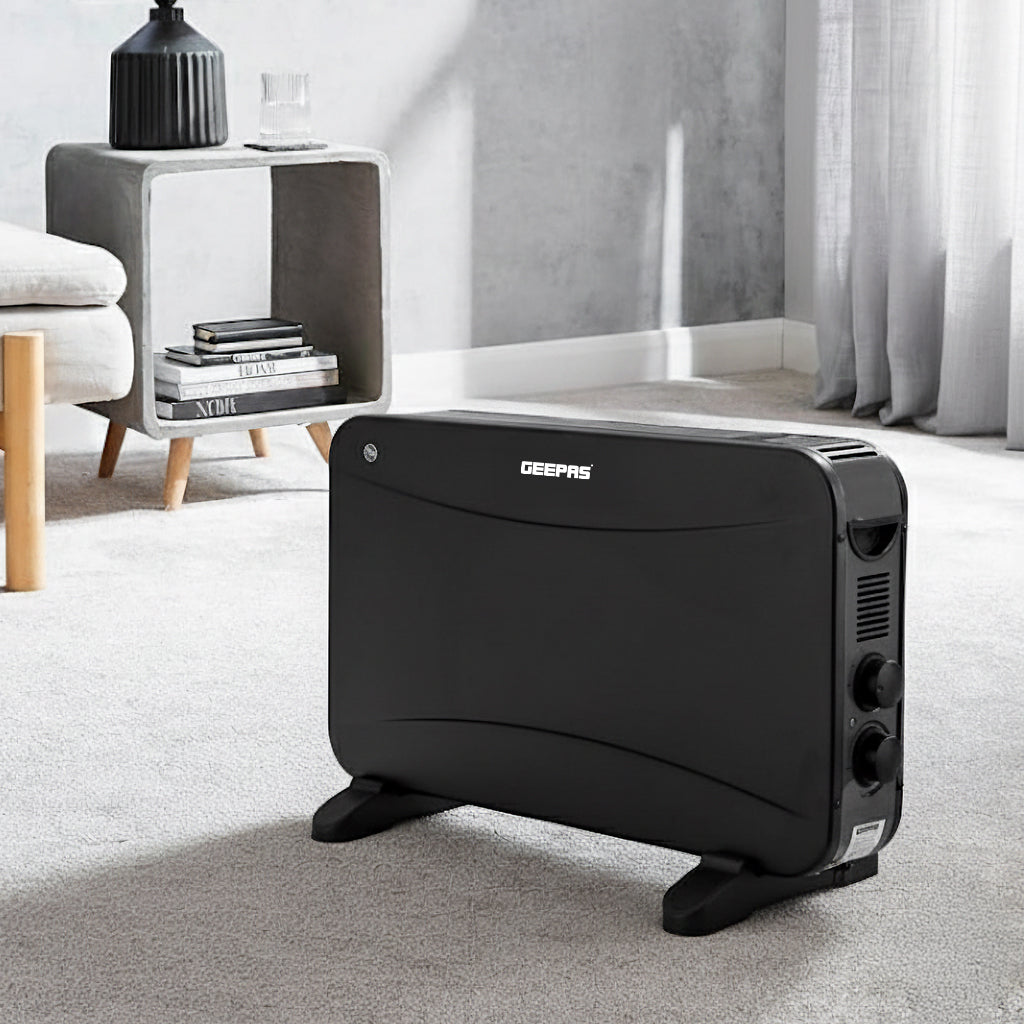Recycling old small kitchen appliances, such as kettles, toasters, food processors, and similar items, represents a vital step in reducing waste and safeguarding the environment. These appliances often comprise a variety of martials, including metal, plastic, and glass, all of which can be repurposed through recycling initiatives to create new products.
Here's a comprehensive guide on how to responsibly recycle your old small kitchen appliances.
- Check Recyclability: Before initiating the recycling process, ascertain whether your appliance is recyclable, and some may require special disposal methods. Refer to the manufacturer's website or consult the user manual to determine the best course of action for recycling your specific appliance.
- Disassemble & Clean: Begin by disassembling the appliance and removing all detachable parts and packaging materials. This includes cords, batteries, and any other components that can be separated. Ensure to clean the appliance thoroughly to eliminate any food residue or debris, facilitating the recycling process.
- Consult Local Recycling Programs: Many local recycling programs accept small kitchen appliances for recycling. Contact your local recycling program to verify their acceptance of small appliances and familiarize yourself with any specific requirements they may have. Some programs might necessitate sorting the appliance into distinct materials, such as plastic and metal, for efficient recycling.
- Visit Recycling Centres: If your local recycling program does not accommodate small kitchen appliances, explore nearby recycling centres that specialize in handling such items. Recycling centres often accept small appliances, while online platforms and garage sales offer avenues for selling pre-owned items.
- Consider Donation Or Sale: If your appliance is still functional, contemplate donating it to your local charity or selling it to someone that might need it. Many charitable institutions gladly accept small appliances, while online platforms and garage sales offer avenues for selling pre-owned items.
- Explore Upcycling Options: In cases where recycling or donation is not feasible, explore the possibility of upcycling the appliance. Upcycling involves repurposing old items into new products, offering creative alternatives to conventional disposal methods. For instance, a broken toaster could be transformed into a unique planter, or a disused food processor might find new life as a decorative lamp.
- Dispose Responsibly: If recycling, donation, or upcycling is not viable, ensure the responsible disposal of the appliance. This may entail delivering it to a designated landfill or waste disposal facility. However, it's imperative to verify the proper disposal procedures with your local waste management program to adhere to environmental regulations.
In conclusion, recycling old small appliances constitutes a commendable effort towards waste reduction and environmental preservation. By following these outlined steps, you can contribute to sustainable practices and ensure the responsible disposal or repurposing of your old appliances. Always remember to consult local recycling and waste management authorities for guidance on the correct procedures for recycling and waste management authorities for guidance on the correct procedures for recycling or disposing of your appliances in an environmentally conscious manner.

